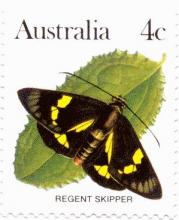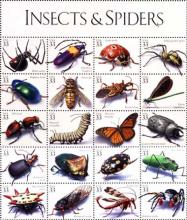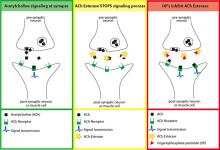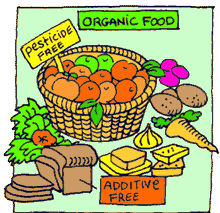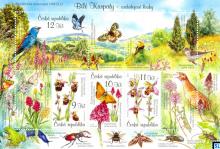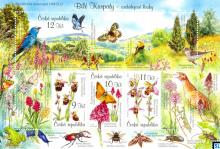Decline in bogong moth numbers could have catastrophic effects in the Australian Alps
Millions of bogong moths normally line the walls of caves in the Australian Alps over summer, but for the past two years there have been zero moths in some caves. Every year Professor Warrant returns from Lund University in Sweden to his house — and field laboratory — in Adaminaby in New South Wales to study the moths and their incredible migratory skills. Last year he was shocked to find two caves he regularly visited had no moths at all. A third, larger cave in the Snowy Mountains had fewer than previous years, but still millions of moths, he said.

